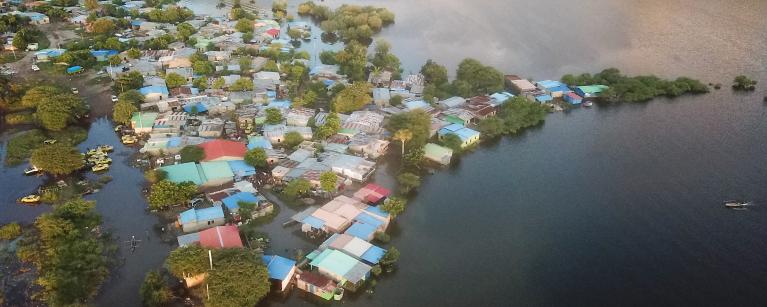Communities in Timor-Leste, though contributing very little to climate change, are already suffering severe impacts. Vulnerable groups, particularly women and people with disabilities, are disproportionately affected, compounding existing inequalities. Effective climate finance disbursement is critical to help these communities build resilience to climate impacts.
The Government of Timor-Leste (GoTL) has outlined policies to support vulnerable groups in adapting to climate change, influencing how climate finance is allocated. Oxfam’s Scoping Study examines these climate policies from the perspectives of transparency, accountability, and inclusivity, with a focus on gender equity and the inclusion of people with disabilities. The study analyzed several key documents, including the Strategic Development Plan and the National Adaptation Plan.
To enhance transparency and accountability, the GoTL should ensure that climate policies are accessible and engage directly with communities. It should enforce accountability measures and develop a national monitoring, evaluation, reporting, and learning framework. Additionally, the GoTL should urgently implement provisions promoting gender equity and update policies to address the challenges faced by people with disabilities. A comprehensive financing plan is essential to support these efforts and secure international support for climate action.
